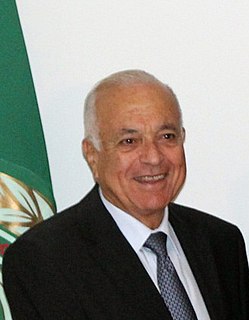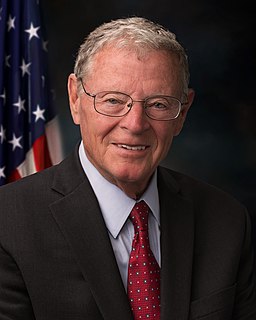A Quote by William J. Clinton
I fully share the Congress's objective of promoting nonproliferation and combating Iran's efforts to acquire weapons of mass destruction (WMD) and missile delivery systems. This issue remains at the top of the agenda with Russia as well as with other countries whose companies may be providing such assistance to Iran. In the case of Russian entities' cooperation with Iran, we have imposed penalties ten times in the past and stand ready to apply them again whenever necessary.
Quote Topics
Acquire
Again
Agenda
Apply
Assistance
Case
Companies
Congress
Cooperation
Countries
Delivery
Destruction
Efforts
Entities
Fully
Imposed
In The Past
Iran
Issue
Mass
Mass Destruction
May
Missile
Necessary
Objective
Other
Other Countries
Past
Penalties
Promoting
Providing
Ready
Remains
Russia
Russian
Share
Stand
Systems
Ten
Ten Times
Them
Times
Top
Weapons
Weapons Of Mass Destruction
Well
Whenever
Whose
Wmd
Related Quotes
My reading of the threat from Iran is that if Iran acquires nuclear weapons, it is an existential threat to the State of Israel and to other countries in the region because the other countries in the region will feel compelling requirement to acquire nuclear weapons as well. Now we cannot a second Holocaust.
There are Arab countries providing arms I don't know who they are, nobody comes and tells you 'we are providing arms', but what I say is providing arms and ammunition started with certain countries, I'll name them: Russia and Iran to Syria, so it's normal the other side will seek help .... The last resolution adopted less than three weeks ago said all assistance [to the opposition fighters], all assistance including military, it was added.
Israel's discourse with the United States on the subject of Iran's nuclear project is more significant, and more fraught, than it is with Europe. The U.S. has made efforts to stiffen sanctions against Iran and to mobilize countries like Russia and China to apply sanctions in exchange for substantial American concessions.
After the revolution of 1979, Iran embarked on a policy of sectarianism. Iran began a policy of expanding its revolution, of interfering with the affairs of its neighbors, a policy of assassinating diplomats and of attacking embassies. Iran is responsible for a number of terrorist attacks in the Kingdom, it is responsible for smuggling explosives and drugs into Saudi Arabia. And Iran is responsible for setting up sectarian militias in Iraq, Pakistan, Afghanistan and Yemen, whose objective is to destabilize those countries.
The issue has two dimensions. One is the legal dimension and the other one is the issue at the realpolitik. [In the] legal realm, we believe in equal rights for all people in all nations. If Israel, the United States, Russia, Pakistan, other countries, China, have the right to have a nuclear program and nuclear bomb, Iran, too, must have that same right. Now, at the realm of realpolitik, because there is a global consensus against Iran, and because there are all manner of dangers facing Iran, I am opposed to this program.
Countries such as Iraq, Iran, Libya and Syria, which support terrorist organizations and use terror to achieve their objectives, are precisely the same countries working tirelessly to acquire weapons of mass destruction. This combination creates a new dimension to the threat on our way of life in the 21st century.
It is clear that there are reasons for discontent in Iran - economic and political reasons. We have told the Iranian leadership repeatedly that the country's economic recovery can ultimately only succeed through greater international economic cooperation. And the precondition for that is not only that Iran refrain from developing nuclear weapons, but also that Iran's role in the region become far more peaceful. We have offered to finally hold true negotiations and talks on that issue.
We support any deal that denies Iran nuclear weapons, that has a continuous and robust inspection mechanism and that has snap-back provisions in case Iran violates the agreement. Our concern is that Iran will use the income it receives as a result of the lifting of the nuclear sanctions in order to fund its nefarious activities in the region.
































